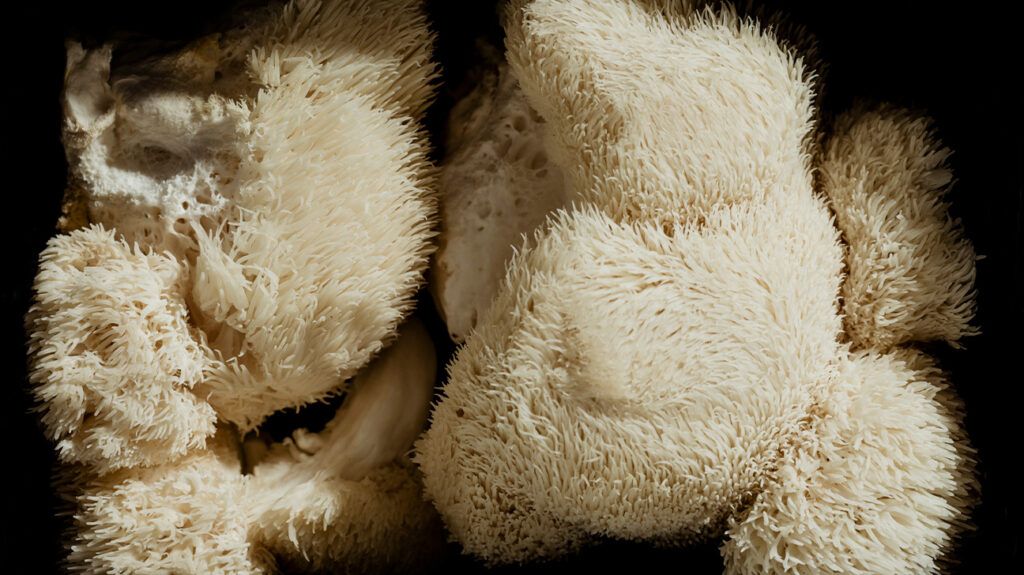Research suggests lion’s mane mushrooms (Hericium erinaceus) may improve some symptoms associated with attention deficit hyperactivity disorder (ADHD), such as difficulty concentrating and learning. However, there is a lack of evidence to support these claims.
Lion’s mane mushrooms are a type of edible fungi that predominantly grow in East Asia. Traditional Chinese medicine has used lion’s mane for centuries to treat various conditions, including depression and anxiety.
Health food stores often sell lion’s mane extract in supplement form.
Recent studies suggest lion’s mane may have nootropic properties, which might improve cognitive functions like learning, thinking, and memory. Lion’s mane may, therefore, be beneficial as a treatment for some ADHD symptoms.

Limited research is available on the health benefits of lion’s mane in humans.
Research predominantly focuses on how lion’s mane may affect mental health and brain function, especially in people with Alzheimer’s disease and other neurodegenerative conditions. This is because scientists believe the mushroom
Some researchers also consider lion’s mane a nootropic, or “smart drug.” These substances may improve some cognitive functions and mental alertness. However, wider research is necessary to determine whether nootropic supplements are safe and effective.
Researchers have not directly studied how lion’s mane affects ADHD. However, some small clinical trials suggest lion’s mane extract may improve some ADHD symptoms.
- A small
2023 study suggested that lion’s mane may reduce stress and improve cognitive function, including learning ability and the speed with which people can process cognitive tasks. - A 2022 narrative review of studies focused on the potential therapeutic effects of lion’s mane in people with Alzheimer’s disease. The review cites three clinical trials that found lion’s mane to be beneficial to one’s ability to think and mental well-being, which may be applicable to ADHD symptoms.
- A 2021 animal study focused on the effect of mushrooms on neurodegenerative diseases, which found that lion’s mane may improve certain cognitive functions, such as memory.
Learn more about the benefits of lion’s mane.
A person can incorporate lion’s mane mushrooms into their diet by cooking and eating them. Health stores often sell lion’s mane extract in various forms, including:
- powders
- capsules
- tablets
- liquids
The
Clinical trials have studied the effects of lion’s mane on cognition at various dosages, including
A person should use lion’s mane products according to the instructions on the product label or follow the advice of a healthcare professional.
Researchers have not performed clinical trials to determine the safety of lion’s mane. However, people typically describe the mushroom as safe, and without side effects.
Possible side effects
Some people have reported mild side effects from lion’s mane during studies. These
Researchers have described
Interactions
Lion’s mane may interact with the following medications:
A person using medication should discuss taking lion’s mane with a doctor before use.
Precautions
Scientists
- pregnant people
- those who are nursing
- children
As the FDA does not regulate supplements in the same way as medications, a person may want to choose supplements from reputable manufacturers or consult a healthcare professional for product advice.
What herbal medicine is good for ADHD?
Research suggests the following natural remedies may have benefits for people with ADHD:
- lemon balm
- chamomile
- valerian root
- ginkgo biloba
- pine bark extract
A person should discuss taking any herbal supplements with a healthcare professional before use. They should not discontinue or make changes to prescribed treatments without first consulting a doctor.
Learn more about supplements for ADHD.
Is lion’s mane a stimulant?
Lion’s mane is not a stimulant. Stimulant medications, like amphetamines (Adderall) and methylphenidate (Concerta, Ritalin), may improve ADHD symptoms.
ADHD resources
Visit our dedicated hub for more research-backed information and in-depth resources on ADHD.
Lion’s mane is an edible mushroom that is widely available as a supplement.
There is a lack of research on how lion’s mane may affect ADHD, but it may have some cognitive benefits. More research is necessary into its effectiveness as an ADHD treatment.
Lion’s mane may cause side effects and interact with some medications. Scientists have not determined whether it is safe for children, or during pregnancy or nursing.
A person should consult with a healthcare professional before using lion’s mane or other supplements, and should not adjust their prescribed ADHD treatment unless a doctor advises it.
